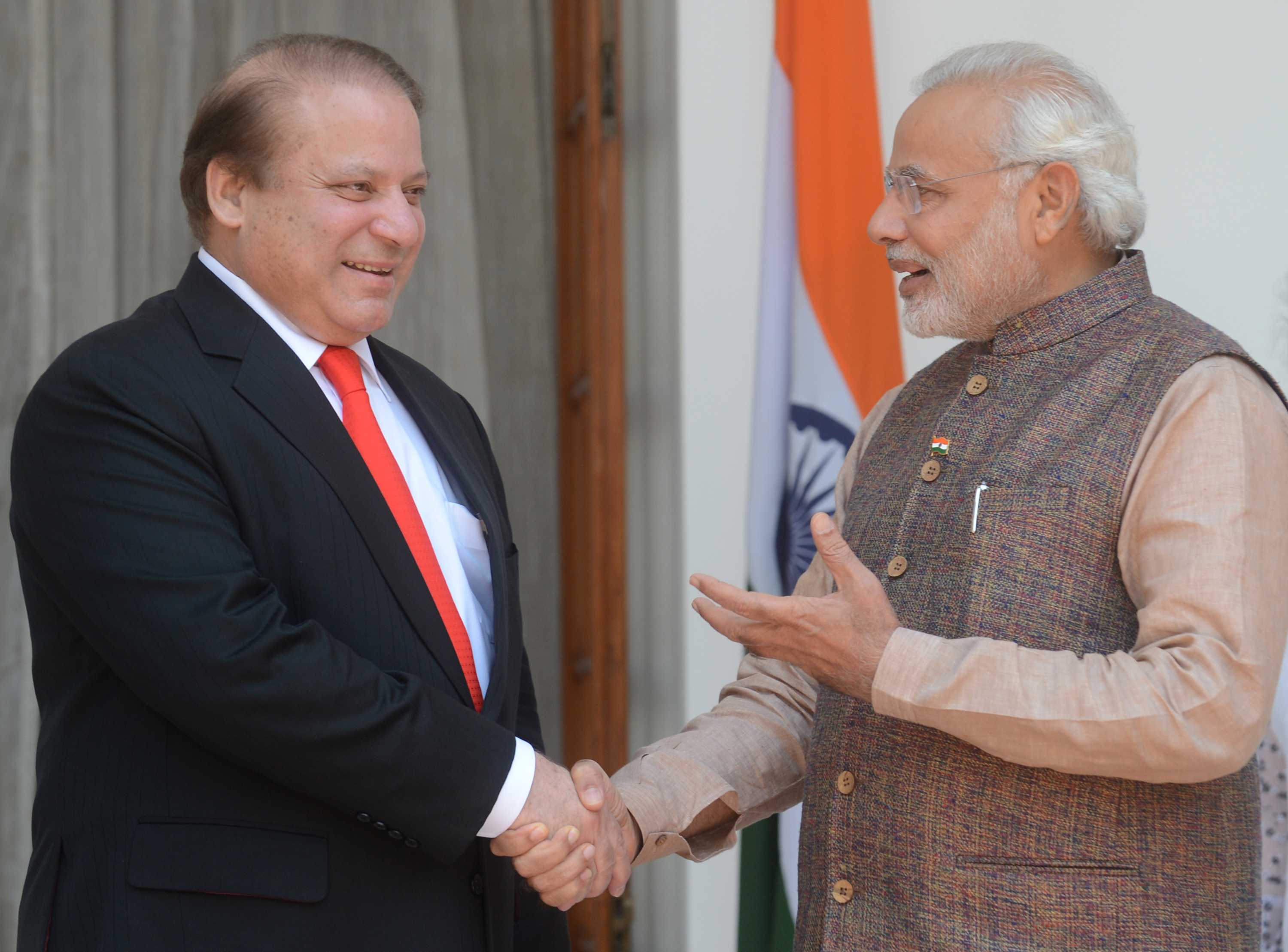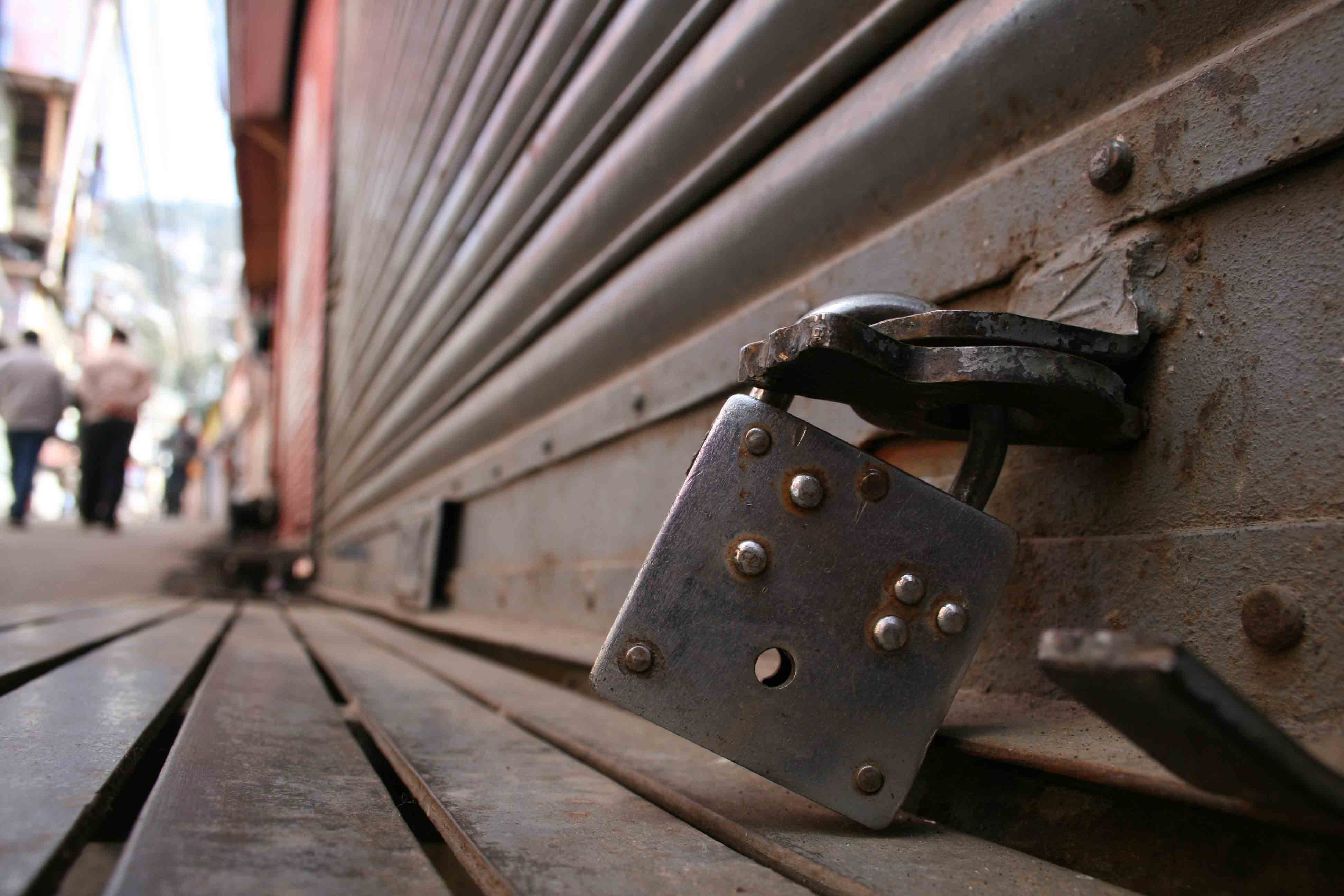In this paper I will argue that Plea Bargaining is the most efficient method of dealing with criminal offences in the Indian legal system when looked from a holistic perspective and doesn’t violate an individual’s rights. I will employ utilitarian theory to assess the efficiency of plea bargain in the overall system and shall use basic tenants of principles of natural justice to assess the status of individual rights in such a system. This paper is limited to advocating plea bargaining for criminal offences in the Indian legal system. Further, experience of United States’ legal system has been used as a reference, for the plea bargaining jurisprudence is well developed in the United States.
Plea Bargain is an agreement between the prosecution and the defence in a criminal case, under which the prosecution agrees to give some concession in return for the defence pleading guilty.[1] Prosecution gives concession either on charges, sentence or on facts.[2] This results in reduction of risk of undesirable outcome for both the sides.[3] On an overall basis, it ensures a desirable outcome for the society by ensuring that conviction rate is high and limited resources of the justice system are used in a focused and hence most efficient manner; and for the accused by helping him secure a lesser punishment.[4]
A crime is seen as a negative phenomenon against the society and society aspires to inflict an equally negative phenomenon on the culprit.[5] Because of this ground reasoning, it’s reasonable to presume that crime has a negative utility for both the society and the culprit, and plea bargain is a mechanism to minimise this negative utility. Hence, the definition of utility that I would prescribe for this paper is one of negative utilitarianism. It states that all actions done by humans are in furtherance of decreasing pain, or out of a set of course of actions, an individual would prefer an action which would inflict minimum pain upon him.[6] Thus, an individual and society at large resort to plea bargaining because it results in least pain for both parties in a particular case. If the society as a whole, or the prosecution doesn’t choose plea bargaining over trial in a particular case, it would result in employment of substantial judicial and prosecution resources. These resources, if saved can be used in a much more efficient manner in other more heinous crimes. Hence, plea bargaining at a larger level is helpful for most efficient employment of limited resources. However, at a larger level, we can’t employ negative utilitarian definition and will have to resort to one looking forward to pleasure centric definition.[7] This is further supported by the fact that overall benefits have to be assessed against multiple social realities and not against individual tenant as can be done in an isolated criminal case.[8] Thus, to look at the overall social impact we will go by the pleasure centric definition as prescribed by Bentham.[9] Therefore, we may say that as a result of this efficient employment of limited resources, a net greater deterrence is created and a higher conviction rate can be achieved. Hence, plea bargain results in least pain at the level of individual case and in maximum pleasure for the whole system.
142nd report of the law commission of India did cite more or less similar reasons as mentioned above.[10] Commission also comprehensively analysed the fundamental tenants of plea bargaining system in United States.[11] In this report and as also pointed out in the 177th report of the Law Commission of India, the high conviction rates are a major deterrence in the United States.[12] [13] However, because acquittal rate in India is quite high, possibility of defence resorting to plea bargaining is relatively less.[14] In terms of utilitarian theory, pain inflicted by trial process is much lesser in India when compared to the outcome of plea bargaining. However, as mentioned by 142nd, 154th and 177th law commissions, one of the major issues in India is excessive quantum of time taken in the trial process.[15][16][17] For a criminal offence it might range anywhere between ten years to thirty years.[18] This excessive quantum of time taken for trial itself works as a deterrence to motivate defence to undertake plea bargain. Hence, considering the data provided by law commission, it will be reasonable to presume that long time taken in trial is enough of a pain to resort to plea bargain. Resorting to plea bargain will ensure that defendant doesn’t have to spend time waiting for the outcome of a trial in which maximum punishment is no more than three years. Further, resorting to plea bargain may also win him certain concession and his sentence maybe substantially reduced. On the other hand it will help state justice machinery to save substantial resources which can then be used to substantially decrease the inordinate delays and also increase conviction rate. This would mean greater deterrence and thus the ultimate purpose of criminal law, which is to prevent crimes at first place can be achieved.[19]
Multiple times when assessing the constitutionality of plea bargaining, US courts have reached a similar conclusion by employing a similar reasoning.[20] In Santobello v. New York Supreme Court stated that “plea bargaining is an essential component of the administration of justice,” and that “it leads to prompt and largely final disposition of most criminal cases.”[21] In United States v. Mezzanatto[22] court held that plea bargaining was constitutional and administration of justice was impossible without the system of plea bargaining considering the large number of cases.
Hence, because of the above reasoning, it is reasonable to conclude that plea bargaining is a least pain phenomenon on an individual case’s level and maximum pleasure phenomenon on a larger level.
Even though backed by this wonderful utilitarian reasoning, plea bargain has multiple reservations associated with it. Proponents of abolitionist school state the probable outcome of the trial, as is the basis for both prosecution and defence to determine their ends of the bargain, neither reflects the culpability nor punishment delivered to the accused.[23] Other contentions with respect to plea bargaining are the ones that argue that plea bargaining violates the rights of defendant. It’s fairly clear that the basic reason a defendant resorts to plea bargain is out of coercion that a prosecutor can impose graver charges even when they might not be proved at a later stage in the trial.[24] Trial process is in itself tedious and hence works as a coercion.[25] Lastly, the possibility of deception because of lack of information to the defendant about the strength of prosecution’s case, in itself violates multiple rights.[26] Hence, all reservations associated with plea bargaining can be reduced to the reservations about a defendant’s rights.
Above made claims try to portray plea bargaining as inherently evil. Hence, the best method to show otherwise is to analyse it from the reference frame of something that claims to be inherently just and thus the basis of all Just laws. Thus analysing plea bargaining from the reference frame of principles of natural justice and proving the above made propositions false, will establish the best case for plea bargaining.
There are three fundamental tenants of principles of Natural Justice. They include: a) nemo iudex in causa sua meaning that bias ought not to exist while carrying out justice[27], b) audi alteram partem meaning a right to be heard[28], and c) sound reasoning behind every decision[29].
In any criminal trial, outcome is either conviction or acquittal and probability of either depends upon the strength of evidences. When two parties sit on a plea bargaining table, they have three important variables to consider. These are : strength of evidences, maximum punishment and total estimated time of the trial. Proportional relevance of these three variables further determines the bargaining position of the two parties. More interestingly these three variables are interdependent. Hence, if amount of information with respect to these three variables is equally known to both the parties and changes in one variable with respect to other variables is understandable, game theory suggests that the outcome will be such that everyone is better off.[30] This coupled with a set of rights that suggests that a culprit may choose trial over plea bargaining at any point of time during the process and barring use of any other form of coercion against culprit results in a just outcome. Hence, until and unless information available to defence and prosecution is same, outcome will be just in terms of principles of natural justice. This is because both will have the strongest position they can have under those circumstances and because of other rights all possible biases can be eliminated. Further, the mere fact that culprits are bargaining by choice and have a right to go for trial in middle of the bargaining process suggests that their position is being given due respect and hence stands in accordance with the second principle. Lastly, presence of best bargaining position and stated rights will ensure a reasoned outcome.
Indian Supreme Court has expressed similar reservations against plea bargaining in the cases of Murlidhar Meghraj Loya v. State of Maharashtra[31] and Kasambhai v. State of Gujarat[32], wherein rights of a defendant along with standards of justice was an issue. These issues were addressed by the 142nd report of the law commission of India wherein it recommended for introduction of Chapter XXI A in the Code of Criminal Procedure, 1973.[33] This chapter prescribes for plea bargaining in limited types of cases.[34] Further, it protects rights of a culprit by prescribing for court’s involvement in the plea bargaining agreement.[35] This insures that equal amount of information is available to both prosecution and defence and defence is free to resort to trial at any point of time during the negotiations. In United States, courts have held plea bargaining constitutional, while attaching numerous qualifications to the process. These qualifications include protection of defendant’s constitutional rights[36], barring prosecution from resorting to vindictive and harsher charges in case of failure of negotiations[37] etc.
Hence, general pattern suggests that legal developments have been in furtherance of increasing information transparency with respect to three variables and prescribing certain rights for the protection of defendant.
Arguments advanced clearly suggest that plea bargaining is indeed the most efficient method to secure justice on a holistic level. It minimises pain in an individual case and maximizes pleasure at a larger social level. Meanwhile, it doesn’t violate defendants’ rights when information available to the defendant and the prosecution regarding the strength of evidences, quantum of the maximum punishment and total estimated time of the trial is the same. This along with ‘right to resort to trial’ during plea bargaining negotiation and bar on any other form of coercion by prosecution results in an outcome that leaves everyone better off. Claims made in this paper are further endorsed by the developments in American as well as Indian legal system. Patterns clearly suggest that development of jurisprudence pertaining to plea bargaining in the Indian criminal law system is happening on the lines prescribed by this paper. Hence, it would be reasonable to conclude that plea bargaining is the most efficient method of dealing with criminal offences in the Indian legal system when looked from a holistic perspective and doesn’t violate an individual’s rights.
[1] Garner and A. Bryan, Black’s Law Dictionary, 1173 (7th edn., 2000).
[2] E. Luna, Bargaining in the shadow of the law-The Relationship between plea bargain and criminal code structure: Victims, Apology and Restorative justice in Criminal Procedure: Traces of libertarian theory of punishment, 91 Marq. Law Review 263, 263 (2007).
[3] Id.
[4] G. M. Grossmann and M. L. Katz, Plea Bargain and Social Welfare, 73(4) American Economic Review 749, 749-757 (1983).
[5] C. R. Tittle, Social Class and Criminal Behaviour: A Critique of the Theoretical Foundation, 62(2) Social Forces 334, 336 (1983).
[6] K. Popper, The Open Society and its Enemies, Vol. 2, 339 (2002).
[7] R. M. Hare, The Presidential Address: Principles, 73 Proceedings of The Aristotelian Society, New Series 1, 14 (1972-1973).
[8] Id.
[9] F. Rosen, Classical Utilitarianism from Hume to Mill, 132 (2003).
[10] 142nd Report of the Law Commission of India, Concessive Treatment for offenders who on their own Innitiative Choose to Plead Guilty without Any Bargaining (1991).
[11] Id. at 15-19.
[12] 177th Report of the Law Commission of India, Law Relating to Arrest, 78 (1991).
[13] Supra note 10, at 15-19.
[14] D. Tiwary, Conviction rate dips to almost half in forty years, available at http://timesofindia.ind iatimes.com/india /Conviction-rate-dips-to-almost-half-in-40-years/articleshow/28767806.cms (Last Visited on November 30, 2015).
[15] Law Commission of India, supra note 10, at 2-5.
[16] 154th Report of the Law Commission of India, The Code of Criminal Procedure, 1973, 15-19 (1991).
[17] Law Commission of India, supra note 12, at 78.
[18] Law Commission of India, supra note 12, at 72.
[19] F. H. Easterbook, Criminal Procedure of a Market System, 12 Journal of Legal Studies 289, 289-293 (1983).
[20] T. Wan, The Unnecessary Evil of Plea Bargaining: An Unconstitutional conditions problem and not so least restrictive alternative, 17(1) Review of Law and Social Justice 33,35 (2007).
[21] Santobello v. New York, 404 U.S. 257 (1971) (Supreme Court of United States of America).
[22] United States v. Mezzanatto, 513 U.S. 196 (1995) (Supreme Court of United States of America).
[23] A. W. Alschuler, The Prosecutor’s role in Plea Bargaining, 36 UNIVERSITY Chicago Law Review 50, 78 (1983).
[24] H. Aviram et al, Check please: Towards a Jurisprudence of defence ethics in plea bargaining, 41(4) Hasting’s Constitutional Law Quarterly 775, 776 (2014).
[25] Id.
[26] Id. at 777.
[27] A. L. Goodhart, English Law and the Moral Law, 8-13 (1953).
[28] Id.
[29] Id.
[30] D. G. Baird et al, Game theory and the law, 19-25 (1994).
[31] Murlidhar Meghraj Loya v. State of Maharashtra, AIR 1976 SC 1929 (Supreme Court of India).
[32] Kasambhai v. State of Gujarat, AIR 1980 SC 854 (Supreme Court of India).
[33] Law Commission of India, supra note 10, at 24-24.
[34] Section 265A (1), Code for Criminal Procedure, 1973.
[35] Section 265B (1), Code for Criminal Procedure, 1973.
[36] Brady v. United States, 397 U.S. 742 (1970) (Supreme Court of United States of America).
[37] Bordenkircher v. Hayes, 434 U.S. 357 (1978) (Supreme Court of United States of America).






